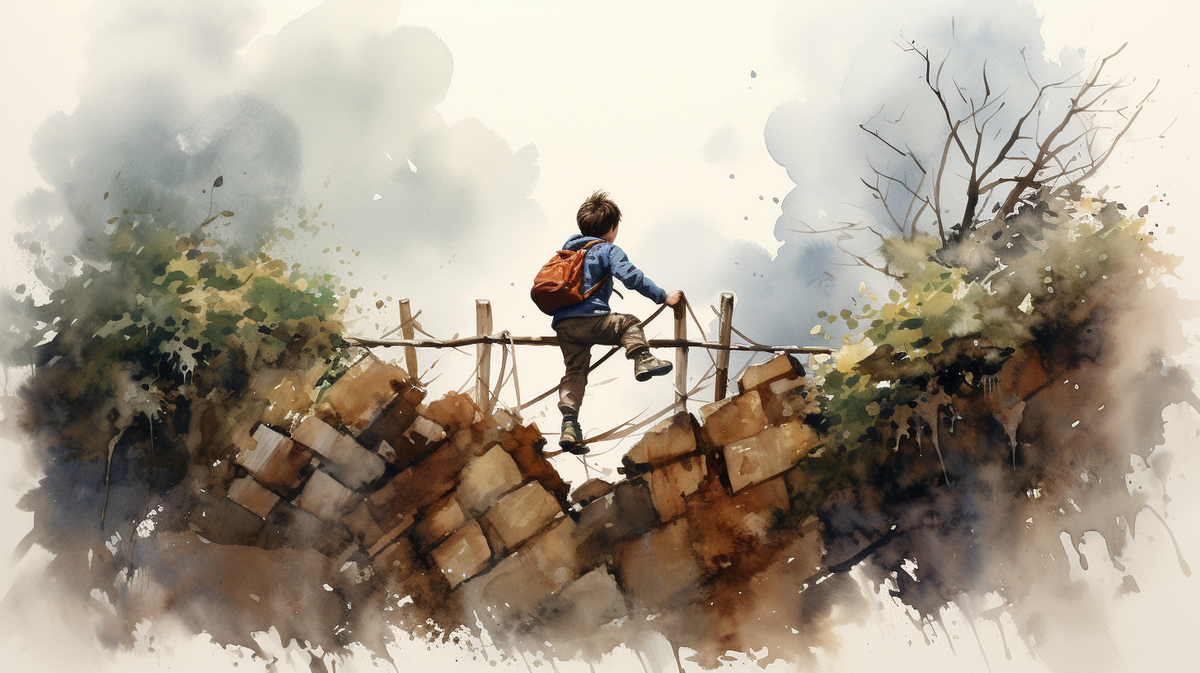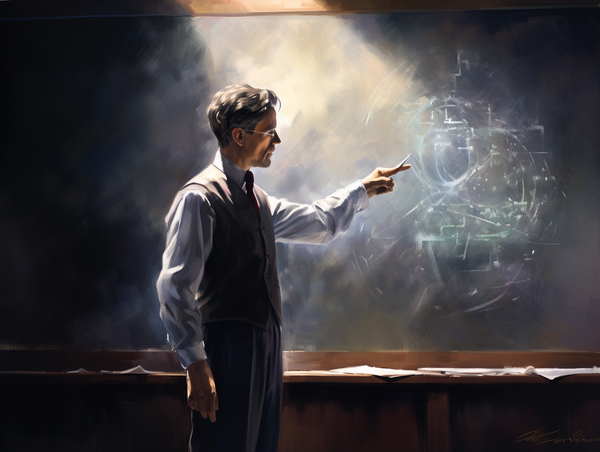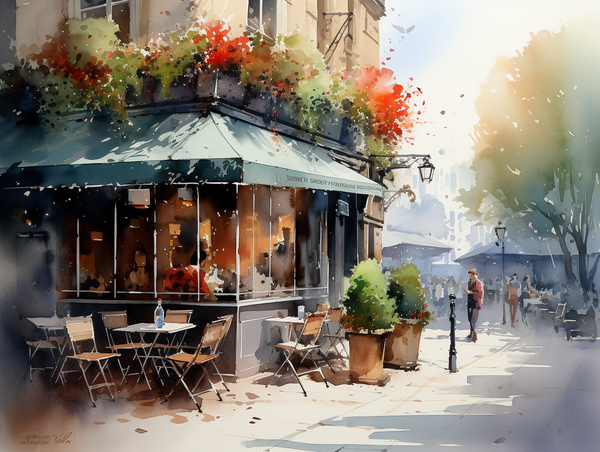Wisdom was paved in the criticisms I feared
This iterative process of testing and adjusting your ideas isn’t a betrayal. It’s a process of refinement, discarding what no longer works and embracing a better version of the truth.

To truly understand something, I believe one must become it.
Over the years, my journey of self-development has revolved around finding success, rallying people, spreading great ideas, and gaining acceptance. These pillars have shaped my evolution, but I’ve also realised this is no easy journey.
In fact, it’s a journey that never really ends. By the time we're done, we’ve merely transitioned into another state of energy and matter. Yet, during our lifetimes, our greatness is often defined by those who engage with us. If they criticise our ideas, those ideas may never fully take off. And let’s be honest—convincing millions of people to embrace a single idea is no small feat.
It took me a long time to realise that in order to truly understand myself and the value of my ideas, I needed to become those ideas. That also meant becoming the critic of those ideas. Not the venomous kind of criticism that leaves destruction in its wake, but the kind that carefully evaluates and refines, pushing the ideas to be better. I had to become the criticism itself, embracing it as a fish embraces water. By doing so, I could fully appreciate its value.
Our societies, particularly in the wealthier parts of the world, have grown accustomed to prioritising comfort over growth. We see this aversion not just in physical safety, but also in intellectual and emotional experiences. Children are raised in environments designed to shield them from anything unpleasant, and as a result, many grow into adults who shy away from discomfort at every turn. This aversion to discomfort, however, can be incredibly limiting, because it is discomfort—and more specifically, criticism—that can propel us forward.
So I decided to test a slightly different approach. I became a collector of criticisms. I sought them out like a botanist searching for rare flowers. I asked for feedback, actively and consistently. Each critique I encountered, I examined carefully, turning it over in my mind and considering its shape and substance. Some criticisms were like delicate orchids, beautiful but fragile, disintegrating upon closer scrutiny. Others were like sturdy oaks, their roots running deep, forcing me to reconsider the very foundations of my thoughts.
Over time, I began to see patterns. These criticisms formed a map of my mind—revealing mountains of assumption and valleys of ignorance that I had previously skipped over. But just beyond these obstacles were vast, unexplored territories of potential understanding. I realised that I needed a clear idea of the cost of my beliefs or ideas. If I wanted others to follow them, I was asking them to make a trade-off—against their own ideas, their time, or their beliefs. Once I understood this, I had a better grasp of the strongest arguments against my own views. Sometimes, I realised the cost of what I wanted was too high, and that helped me adjust or refine my position, ultimately making it stronger.
Changing my position didn’t mean changing who I was—it simply meant evolving my stance. This was an important realisation. In every decision and belief we hold, there are opportunity costs—things we forgo by choosing one path over another. But I wasn’t seeking out the costs of my position to weaken my arguments. I sought them to identify weaknesses in my stance. The result of this examination either improved my perspective or revealed that I was mistaken. It was like having a conversation with reality, which, in turn, enriched my understanding of the world.
Every time we make a decision or take a stance, we’re essentially creating a theory about how the world works. Criticism offers us feedback on that theory. If we are unwilling to adjust, we risk operating on outdated or incomplete assumptions. But when we are willing to adapt, criticism becomes a tool that refines and improves our theories, leading us to a more accurate and effective position.
Criticism is often viewed as a personal attack, but once we move past that mindset, it becomes a powerful tool for transformation. It allows us to pinpoint where opposition lies and why. Similarly, changing our position in response to criticism is not "selling out," as many people believe. In fact, it’s a demonstration of intellectual strength—the ability to reevaluate assumptions and adjust to new information.
This iterative process of testing and adjusting ideas isn’t a betrayal of our original beliefs. It’s a process of refinement, discarding what no longer works and embracing a better version of the truth. This is how we move forward, both individually and as a society. This concept is deeply embedded in scientific hypotheses, which are tested and subject to change when new data arises. Scientists don’t see changing their position in light of new evidence as failure; they see it as progress. The same principle applies to our everyday lives.
Approaching criticism with this mindset—viewing it as an opportunity to evolve—allows us to become more adaptable, thoughtful, and informed. As I grow older, I often reflect on the critiques that have shaped my life. Each one, at its core, was a seed. And over time, those seeds blossomed into something unique, something that made me better. For that, I am grateful.
Embracing criticism isn’t easy. It requires humility, openness, and a willingness to change. But then again, nothing worth growing ever is.
About Me:
I write 'cos words are fun. More about me here. Follow @hackrlife on X




